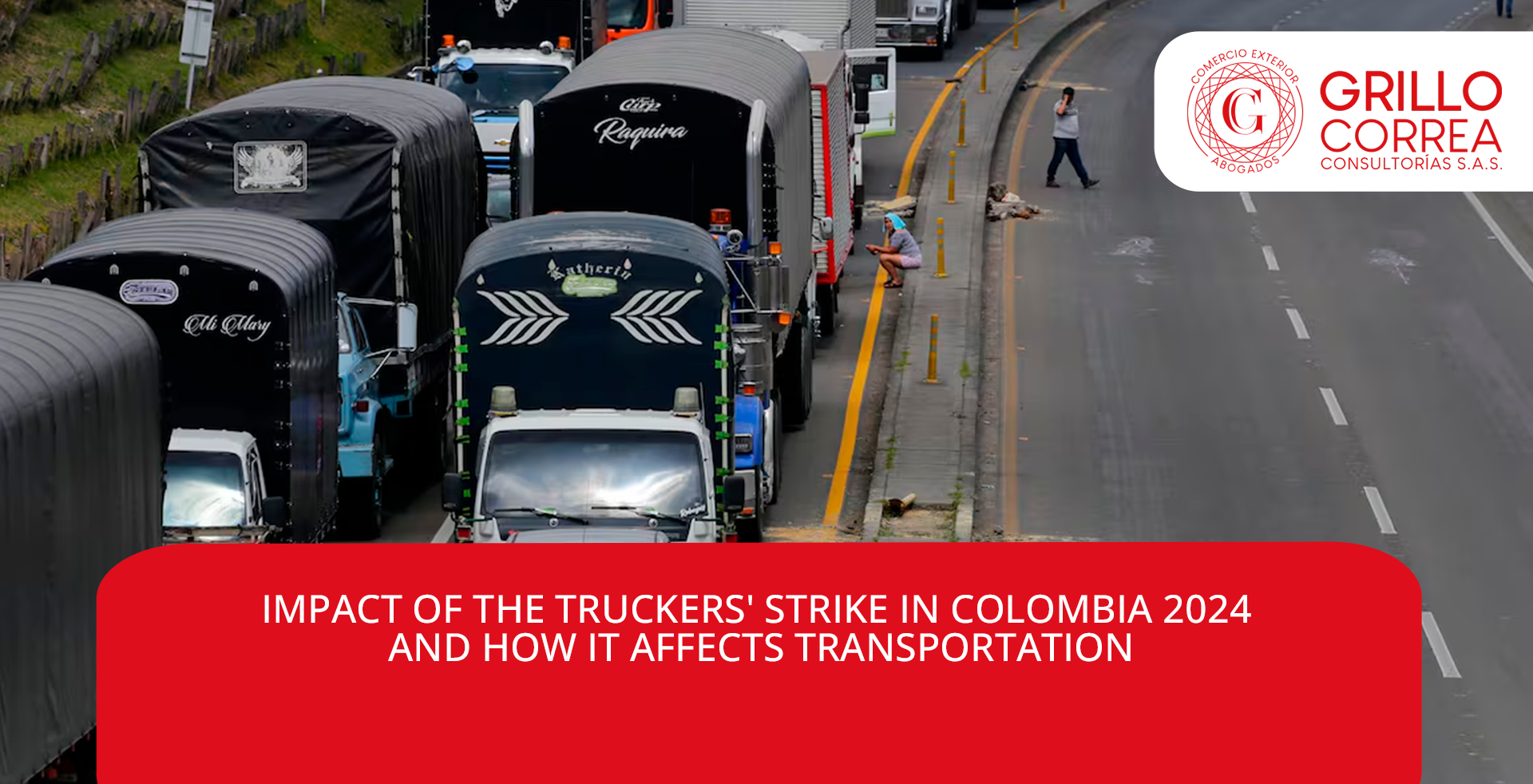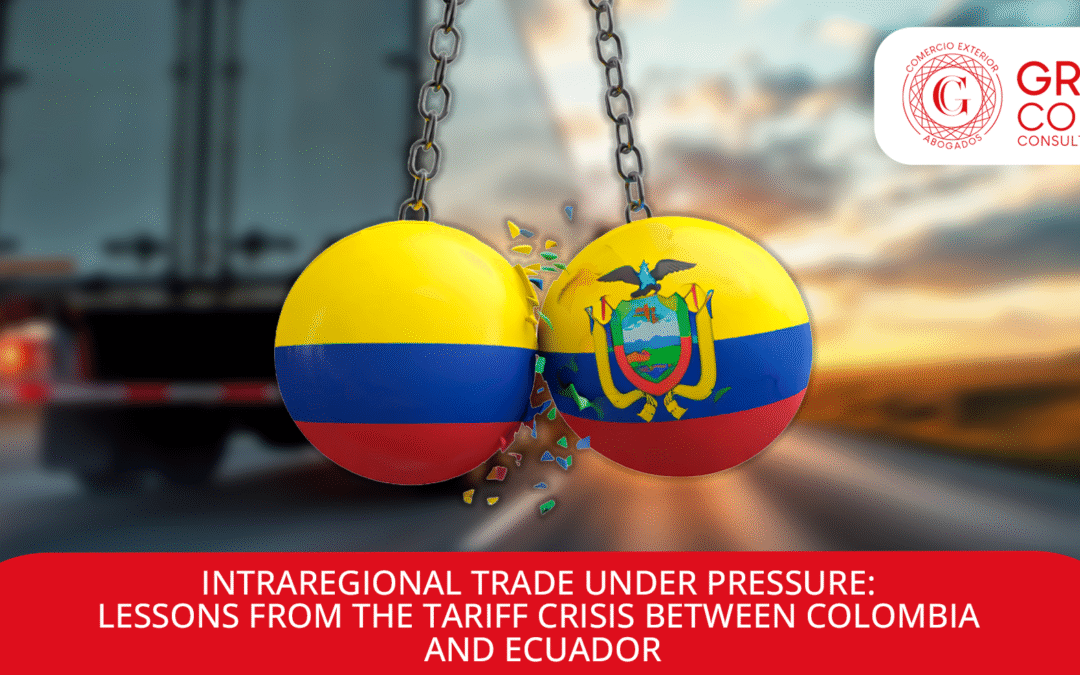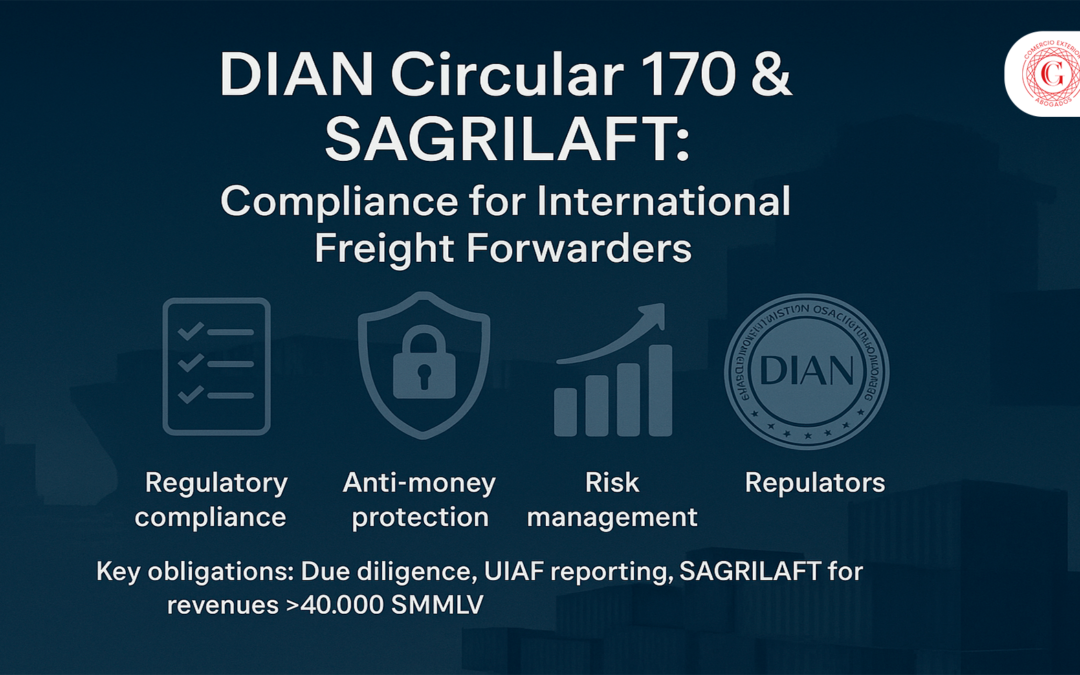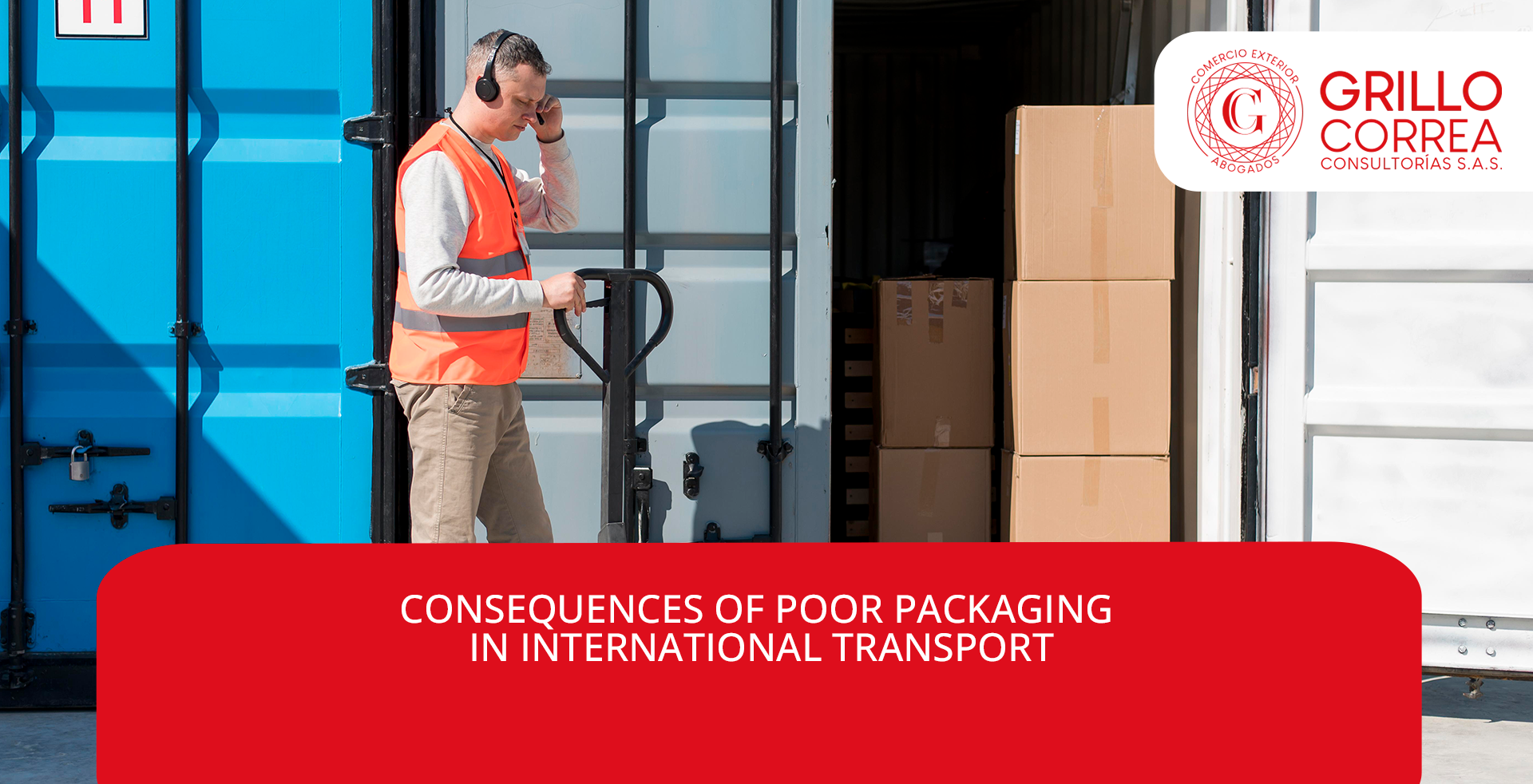Consequences of the Drivers’ Strike in Colombia: Impact on Logistics and Urban Mobility
The truckers’ strike in Colombia, which began in 2024, has caused serious disruptions in logistics and the transportation of goods. Truckers are protesting primarily against the continuous increase in diesel prices, which could drive up transportation costs and threaten the economic viability of many small transport companies. These protests have resulted in roadblocks on major routes in key cities such as Bogotá, Medellín, and Cali, which could lead to shortages in some regions and daily mobility challenges.
The measures proposed by the government to reduce the impact of fuel costs have been insufficient to meet the demands of the transport sector. The truckers are calling for deeper solutions, including improved road safety and more adequate regulation to balance supply and demand in the freight transport industry. Meanwhile, negotiations continue without a definitive solution. In light of this, it is important to consider the risks and measures that freight transport companies should take at this time.
YOU CAN ALSO SO READ OBLIGATION OF FREIGHT FORWARDERS TO ISSUE ID CARDS TO THEIR STAFF
Risks and Recommendations for Freight Transport Companies
The strike not only slows down the delivery of goods but also presents several operational risks that transport companies must manage:
- Delivery delays: Road blockages can extend delivery times, which is especially critical for perishable goods that may spoil if not delivered on time.
- Cargo damage: During detours or roadblocks, goods may be damaged due to accidents or vandalism, increasing operational costs.
- Legal liability: Companies may face claims or lawsuits from clients if they fail to meet delivery deadlines or if the cargo is damaged.
To mitigate these risks, two actions are recommended
– Avoid transporting perishable products: To minimize economic losses, companies should avoid transporting such goods during the roadblocks.
– Review insurance coverage: It is essential to ensure that policies cover situations related to strikes or unrest, and that coverage amounts are sufficient to protect the cargo.
Implementing these measures will help companies better manage the challenges presented by the strike and reduce its negative impact on their operations.
If you have any questions and require specialized advice, remember that at GRILLO CORREA CONSULTORÍAS S.A.S., we are ready to assist you virtually and in real-time, to help you achieve your goals and the recognition you and your company deserve.






